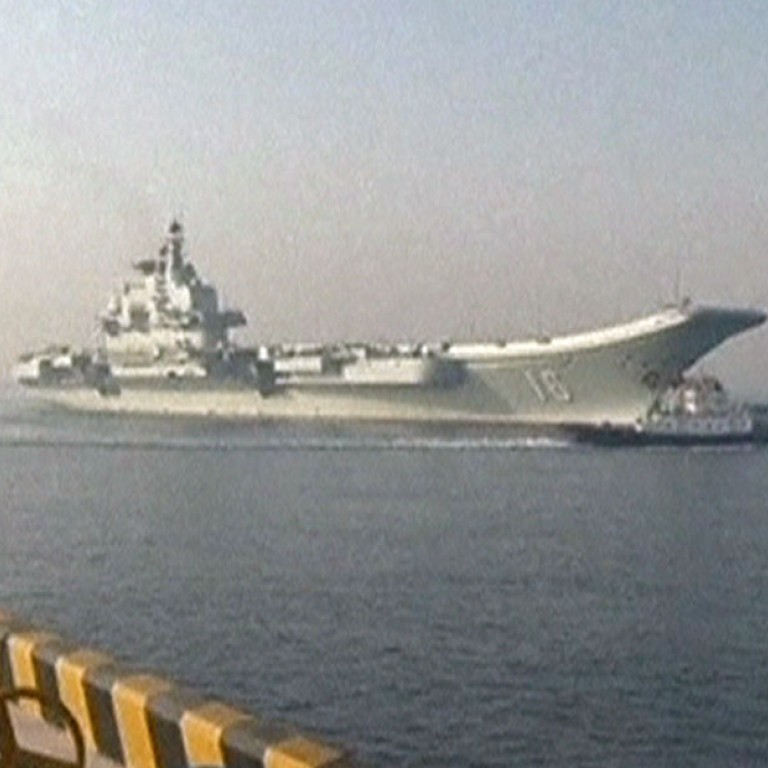
Sino-US hotline can avert a crisis in disputed waters
A rising Chinese navy, an increasingly assertive Japanese one and resurgent American maritime interests in Asia make for more naval traffic and greater potential for a mishap. US calls for a direct line of communication between naval officers to defuse potential conflict therefore make sense. Every preventative measure has to be taken.
A rising Chinese navy, an increasingly assertive Japanese one and resurgent American maritime interests in Asia make for more naval traffic and greater potential for a mishap. Tension is high over the disputed Diaoyu Islands - known as the Senkaku Islands in Japan - and China's air defence identification zone, which overlaps with those of Japan and South Korea, has created further complications. US calls for a direct line of communication between naval officers to defuse potential conflict therefore make sense. Every preventative measure has to be taken.
Such thinking led to China and the US in 1988 establishing "rules of the road" at sea by creating the Military Maritime Consultative Agreement, similar to the US-Soviet Incidents at Sea pact. But while the latter proved successful in preventing misunderstandings between the two cold war foes, that between China and the US has been poorly observed. Incidents in 2001 and 2009 soured relations. Top-level political and military hotlines have been set up and there is greater co-operation, but they have yet to be tested in a crisis.
Concerns heightened last November when there was a near-miss between the American cruiser USS Cowpens and a support ship of the Chinese aircraft carrier Liaoning. The previous month, Beijing lodged a formal protest with Tokyo that Japanese naval and air patrols had disrupted a People's Liberation Army Navy exercise. The top US commander in the Pacific, Admiral Samuel Locklear, said last week there should be a hotline to manage emergencies at an operational level. That is a good idea given the conflicting interests.
Healthy relations require trust, understanding and co-operation. While the US and Soviets were able to contact one another almost instantly with an expectation that a top officer would respond, the line between the Chinese and American militaries established in 2008 offers no such assurance. Beijing has twice cut off the hotline in protest at Washington's actions.
Sino-US naval co-operation has been improving; in the past year, joint counter-piracy drills have been held and trial humanitarian rescue operations conducted. China will this year participate in the Rim of the Pacific exercise, the world's largest international maritime warfare drill. Military exchanges are planned and notification mechanisms agreed. But also necessary is a reliable naval circuit-breaker. Timely and effective communication is the best way to prevent a crisis.

